Soil Management
All Soil Management Content
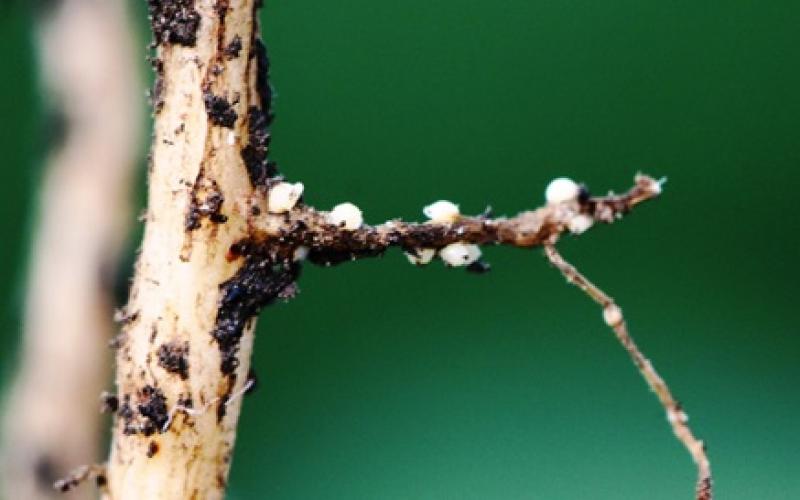
Scout and Soil Test for the Soybean Cyst Nematode
Soybean cyst nematode (SCN) is the main soybean production constraint in South Dakota. Soybean plants can be infested with SCN but may not display visible symptoms.
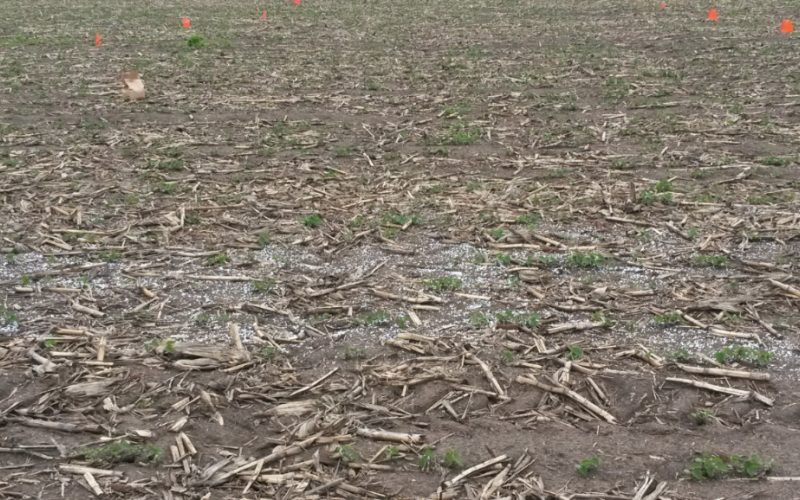
Application of Nitrogen Fertilizer in Soybeans
SDSU Extension conducted a study during the 2016 growing season at five Eastern South Dakota sites to evaluate the effects of added N fertilizer (as urea) on soybean yields.
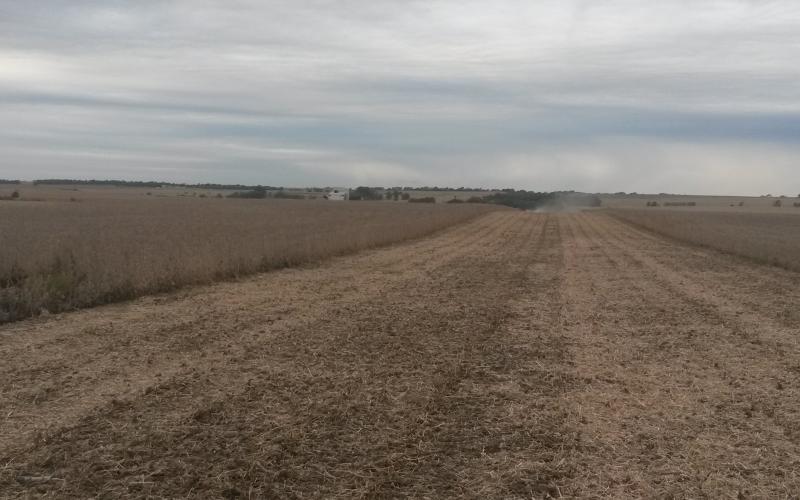
Soybean Investigations: Research on Your Farm Seeks Farmer Cooperators
SDSU Extension and the South Dakota Soybean Research and Promotion Council are seeking South Dakota Soybean Growers willing to participate in a farmer-led on-farm strip trial research program.
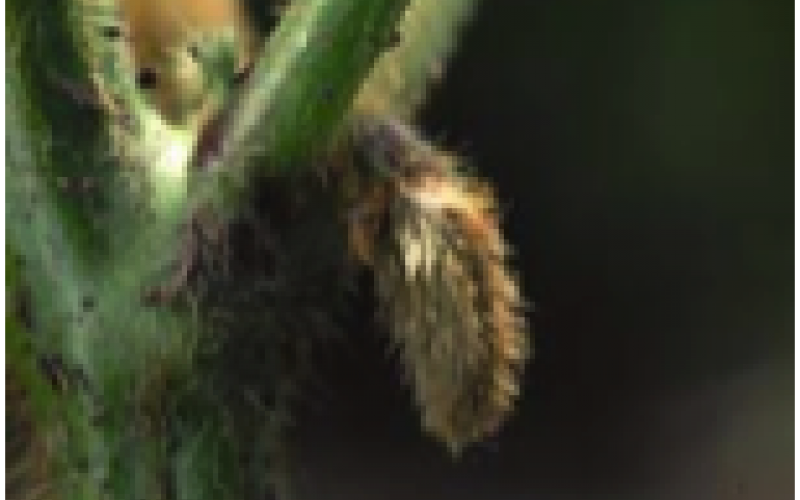
Late-Season Nitrogen For Soybean?
Some South Dakota soybean fields that were planted early and have had sufficient moisture have reached early pod setting stage (R3) and are looking good.
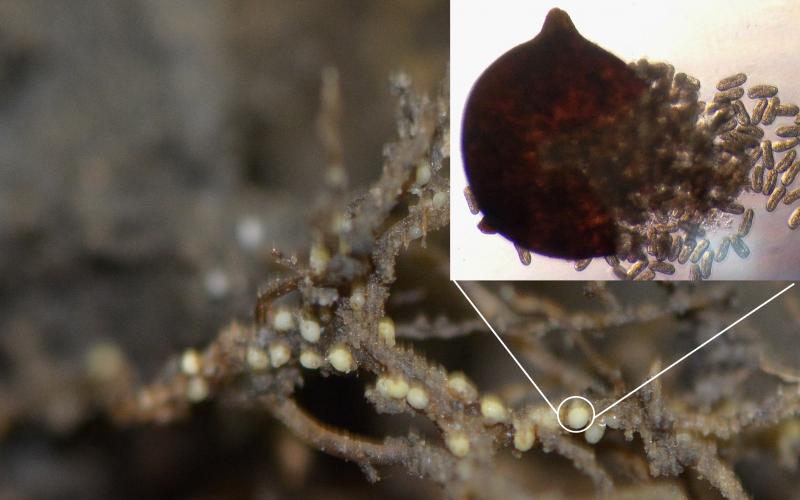
Test Your Soil for the Soybean Cyst Nematode (SCN) This Spring
The soybean cyst nematode (SCN) is a major soybean pathogen that causes significant yield loss. Fields that were not tested for SCN last year can still be sampled this spring to determine the presence of SCN or SCN population changes if testing was done in the past.
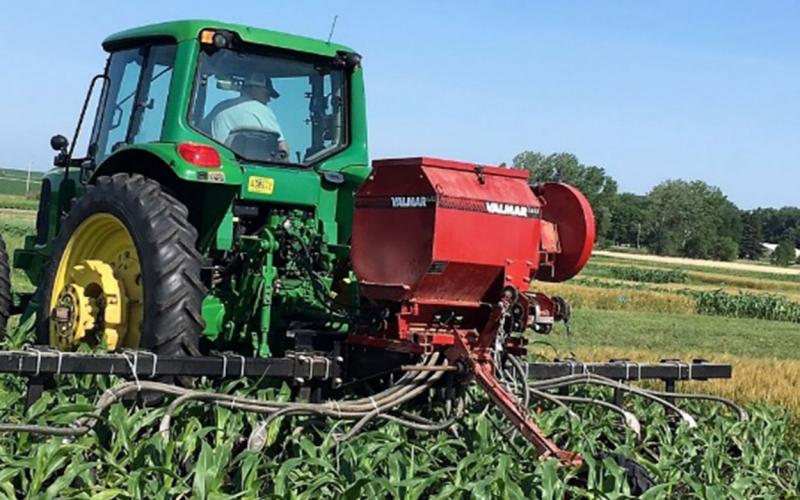
Interseeding Cover Crops Effect on Corn and Soybean Production: 2019
Incorporating cover crops into our cropping systems and moving from conventional tillage to no-till can improve soil organic matter, soil structure, and water and nutrient holding capacity of our soils.
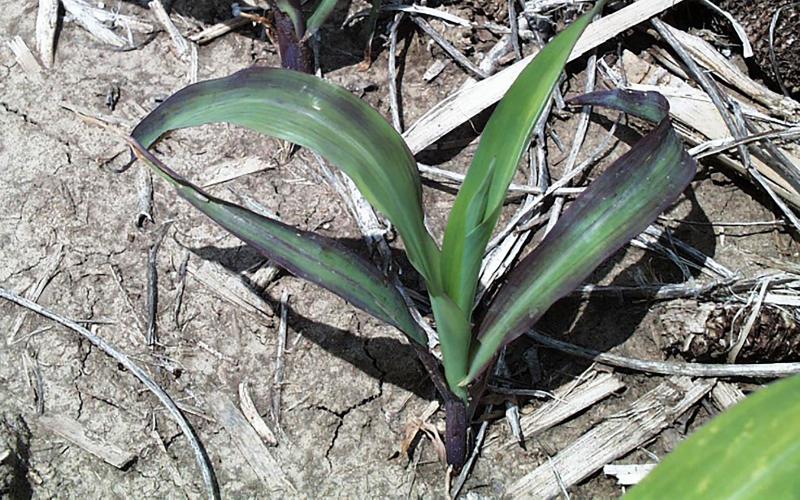
Fallow Syndrome: What is it and how do I deal with it?
Fallow syndrome received its name from the dry plains states, where fields routinely benefited from the additional moisture available after a year where the ground was fallowed. Corn sometimes had symptoms of phosphorus deficiency when grown on this previously fallowed ground, thus it received its current name, “fallow syndrome.”
![A herd of cattle gather around a stock pond on a vast, lush grassland. Courtesy: USDA [CC BY 2.0]](/sites/default/files/styles/teaser_800x500/public/2019-05/W-00231-00-cattle-grazing-grassland-pasture-range.jpg?h=8f818b46&itok=6GS1_Ww0)
Range Improvements, Grazing Systems and Net Present Value, What is the Right Balance?
As farms and ranches across South Dakota continue to endure increasing costs of production while receiving less cash for grain and livestock marketed; ranch managers must be extra diligent when implementing new range improvements and grazing systems on their ranches.
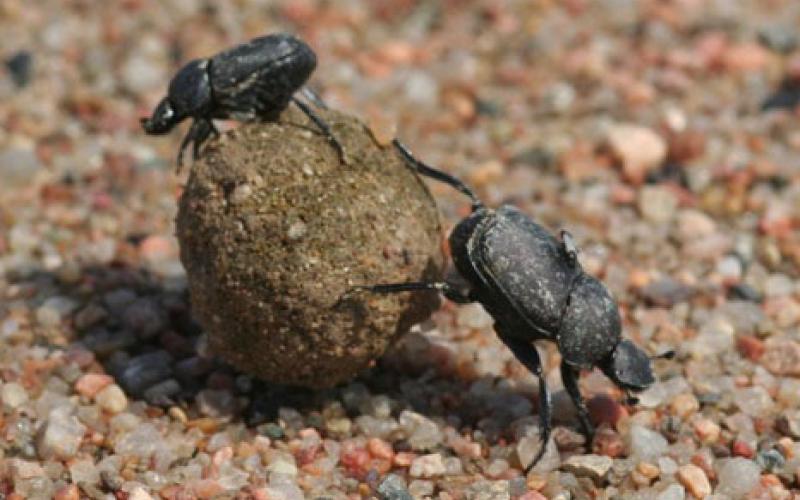
An identification guide to common Dung Beetles of South Dakota
A guide of common dung beetles of South Dakota.
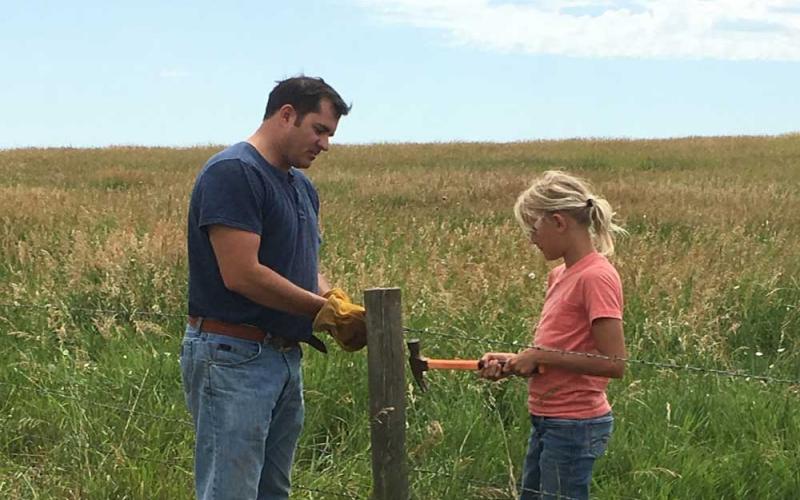
Strategic and Scenario Planning in Ranching: Conducting a Ranch Inventory
During times of belt-tightening, it’s imperative to make sure all the resources of the ranch are being utilized as efficiently as possible. Conducting a complete ranch inventory is a perfect time for ranch managers to take an in-depth look at their operation.